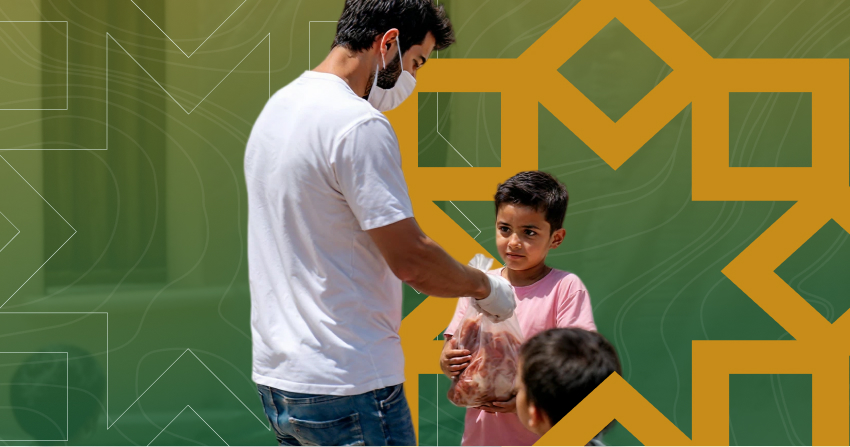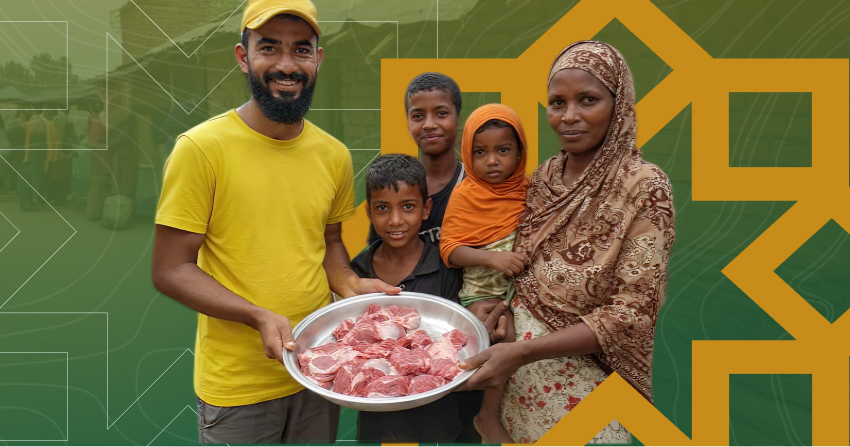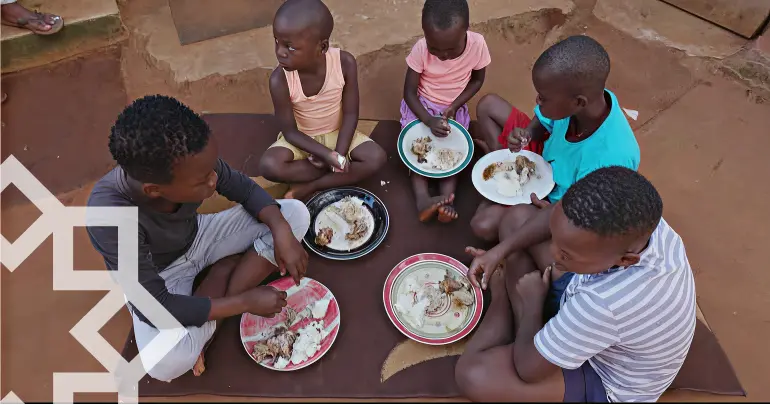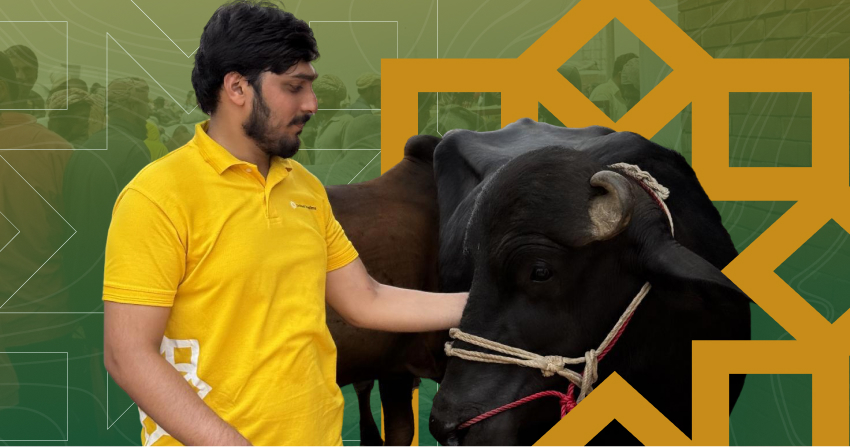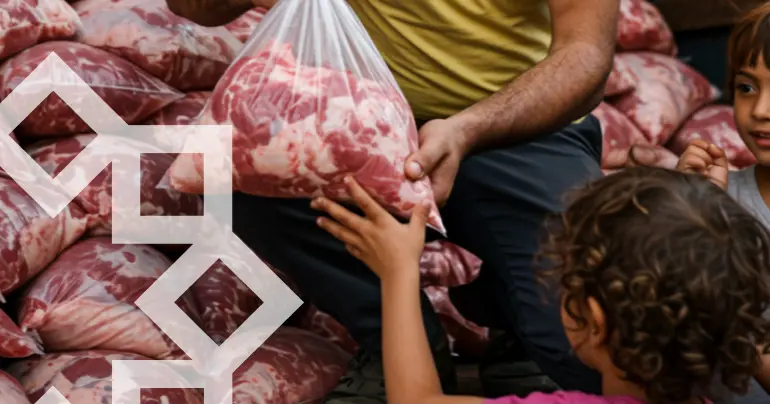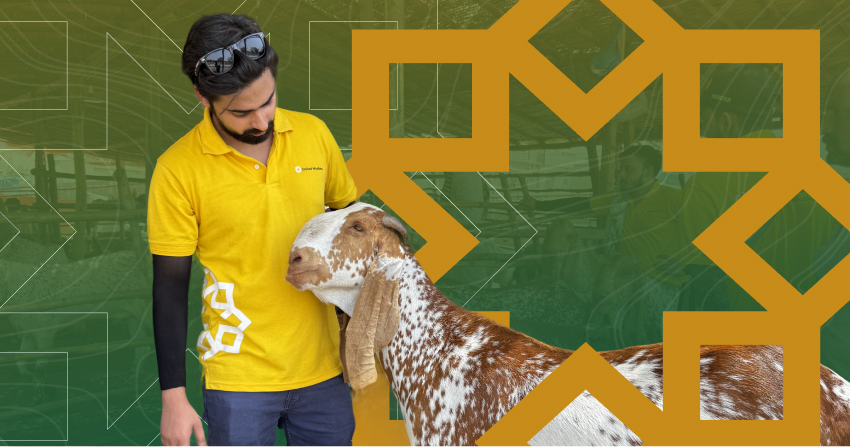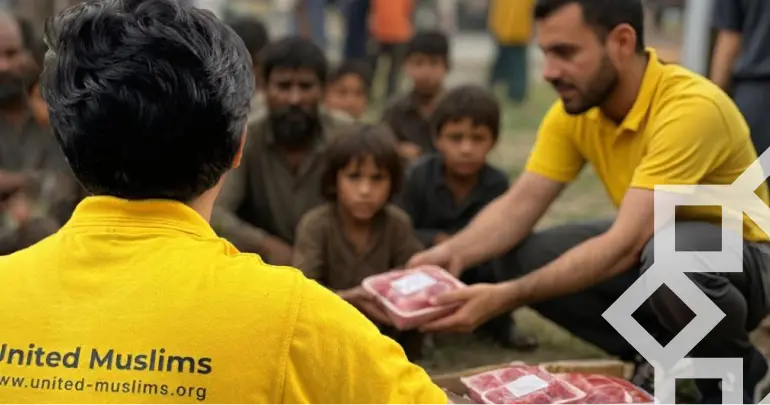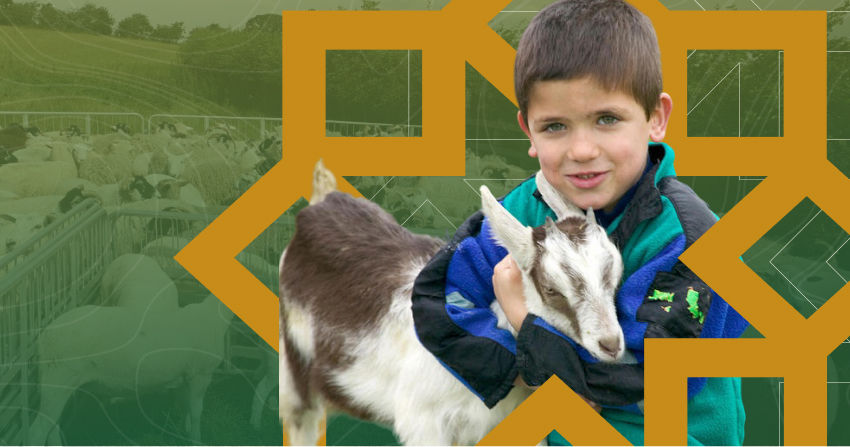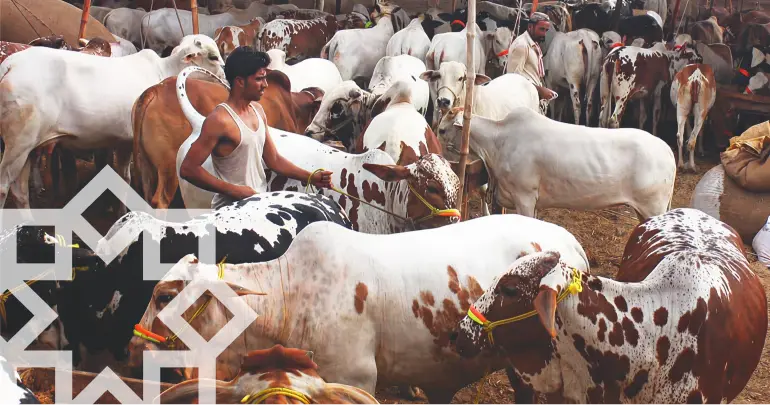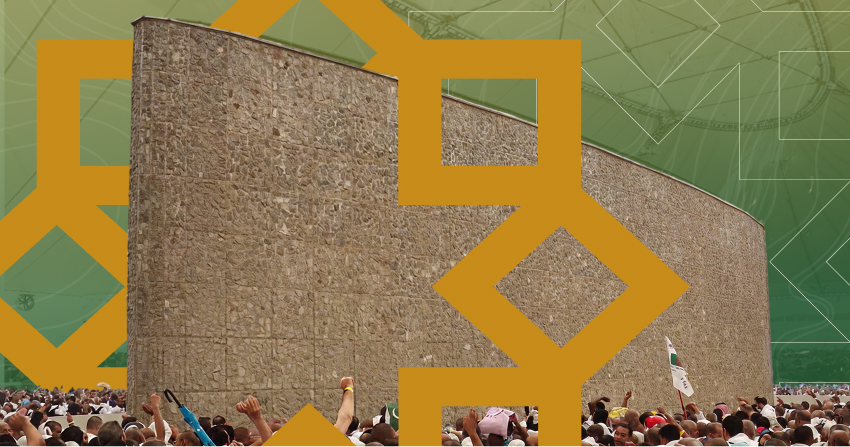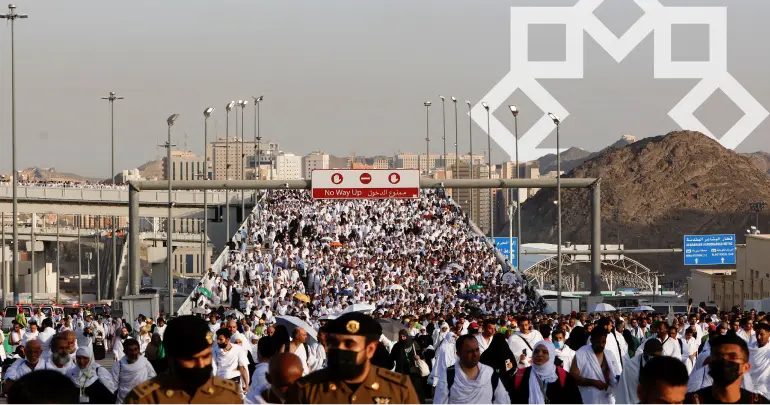This Eid, Let Your Sacrifice Bring Smiles to Families in Need
Eid al-Adha is a time of joy, reflection and giving from the heart. While we gather with loved ones, enjoy delicious meals and dress in our best, we are reminded of the true meaning behind this blessed occasion.
At its heart, Eid is about the spirit of sacrifice. It is about remembering the story of Prophet Ibrahim (AS) and his unwavering obedience to Allah. It’s about giving, caring and thinking of those who may not have much.
As we prepare to offer our Qurbani, we have a chance to turn it into more than just a tradition. It can become a source of hope and comfort. While many of us will be sharing food and laughter around the table, there are countless families around the world who will be wondering if they will have anything to eat.
This Eid, extend your sacrifice further. Through your Qurbani, Zakat or small acts of kindness, you can help bring comfort to those facing hardship and share the blessings of Eid with families in need.
Donate your zakat
Fulfil your obligation today – give Zakat and be a source of hope for those in need!
What Is Qurbani Really About?
Qurbani is not just the act of sacrificing an animal. It is a meaningful expression of gratitude, a chance to share the blessings Allah has given you, and an opportunity to spread kindness to those who don’t have much on their plates. It is a moment that unites people through faith and kindness.
As the Prophet Muhammad (peace be upon him) said: “The son of Adam does not do any deed on the Day of Sacrifice that is dearer to Allah than shedding blood.” (Tirmidhi). This reminds us of the deep spiritual significance behind this sacred act.
When you give your Qurbani, you are not simply fulfilling an obligation. You are helping families who face hardship every day. For them, it is not just about the meat; it is about feeling remembered. Your sacrifice can bring real comfort and turn an ordinary day into something truly special.
The Power of Your Sacrifice
In regions affected by conflict, poverty or disaster, such as Gaza, Yemen, Sudan, Pakistan and parts of East Africa, families often go months without a single bite of meat. Parents often have no choice but to put bread on the table, and many children have never enjoyed a proper Eid meal.
Your Qurbani can change this. Imagine a mother smiling as she cooks meat for her children, or a child laughing because Eid feels joyful for once. These little moments of happiness happen because of people like you.
And Qurbani isn’t just about feeding someone. It’s about restoring dignity, reminding families they are not alone and that someone cares deeply.
For many, Eid is just another day of survival. Your donation through United Muslims brings not just meat but joy and hope to families in Palestine, Syria, Afghanistan and beyond.
Let your Qurbani bring smiles, warmth and the true spirit of giving this Eid.
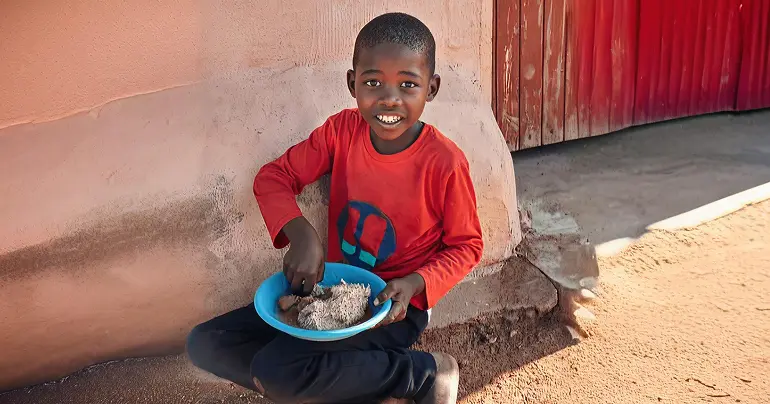
Make a Meaningful Impact This Eid
When you give your Qurbani through us at United Muslims, you are making sure your sacrifice reaches families who rarely have the chance to enjoy meat. With our 100% donation policy, every penny goes directly to those in need with no cuts and no hidden costs.
We focus on areas where the need is greatest, meat is a luxury, and Eid might feel like just another day. But with your help, we can make it a time of celebration and dignity.
We ensure your Qurbani is fresh, fairly shared and handled with care, just as it should be. You pick the region, and we will make sure it reaches the right hands, all in line with Islamic teachings.
Giving in Charity: Make This Eid Count
Eid is a time for joy, reflection, and giving. It’s a moment to give back, not just out of duty, but from the heart. Giving Zakat, offering Qurbani, or simply helping someone in need is a beautiful part of what makes Eid special.
This Eid, make your giving count by:
- Donating to honour the spirit of sacrifice through Zakat or Qurbani.
- Supporting causes close to your heart, whether that’s food, water, or shelter.
- Helping families in crisis areas such as Palestine, where a simple meal can bring hope.
- Spread the message; even encouraging someone else to donate to charity is a beautiful deed.
If you donate Qurbani, our team makes sure the meat gets to people quickly, fresh, and with care. Let your actions bring comfort and joy to someone this Eid.
Bringing hope through small acts of kindness—a meal, a helping hand, or a gift can light up a child’s day.
It's Not Just a Sacrifice, It's a Smile
This Eid al-Adha, don’t let your Qurbani be just another task. Let it be a heartfelt gift that carries love beyond borders and brings a smile to someone who really needs it. When you give with kindness and intention, your sacrifice becomes more than just a ritual. It becomes a way to connect and spread hope.
Eid is a time of connection and community. It’s about making sure everyone feels included, not just our own families, but those far away who might otherwise miss out on the joy. Your Qurbani can transform a simple meal into a celebration. It can turn a duty into happiness and bring a smile where there might not have been one.
By donating through United Muslims, your generosity reaches straight to families who need it most. Your support helps them celebrate Eid with dignity and warmth. Together, we can bring people closer, no matter the distance.
Ready to share your blessings? Donate today and make this Eid truly special for someone.
